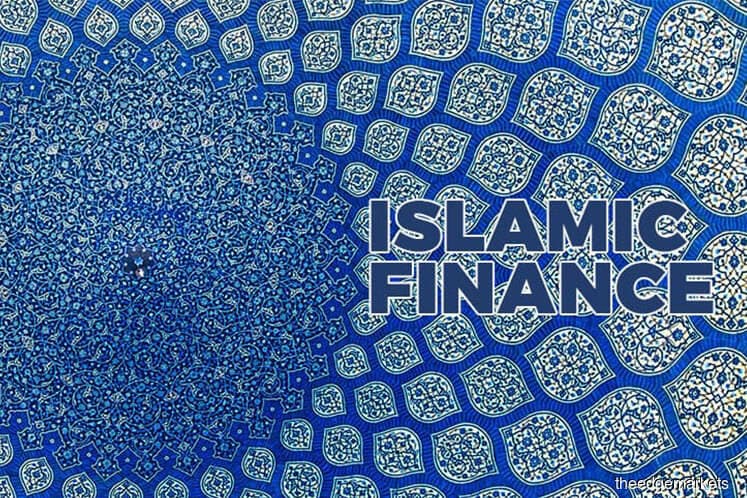
KUALA LUMPUR (June 17): The World Bank said today the Islamic capital market's (ICM) value proposition has to be very clear to show that the ICM concept is more powerful or just as good as the environmental, societal and governance (ESG) investment schemes.
World Bank financial sector specialist consultant Dr Mohamed Eskandar Shah said ESG's value proposition seems to be quite straight forward compared to Islamic finance.
"The question is how do you show that this (ICM) value proposition is more powerful or just as good as ESG's value proposition. ICM is trying to converge with ESG to attract a larger group of investors, branding ICM together with ESG investing.
"Another way of looking at it is especially (in the context of) what we are going through today with the pandemic. Can ICM stand alone and be more successful with its own value proposition, which I think is more focused on the redistribution of wealth, social justice and financial inclusion so on and so forth?” Mohamed Eskandar said today at a panel discussion during the Shariah Investment Virtual Conference organised by Bursa Malaysia-i and CGS-CIMB Securities Sdn Bhd.
He noted that between 2007 and 2019, the ICM, measured in global shariah equities, saw a 4.3% growth a year compared to the 10.2% expansion in ESG equities.
As such, Islamic finance could become a subset of ESG investing, or eventually, people will brand Islamic finance in the context of ESG, rather than Islamic finance having its own identity, he said.
Mohamed Eskander, who noted that there is substantial overlap in the value propositions of ESG and ICM, also said there is “a sizeable market” of investors heading to the ICM because of its own value proposition.
This is because people are attracted to a broader agenda such as social inclusion and reducing inequality, acccording to him.
“The question is how do we sell those ideas? A country that can position Islamic finance especially Malaysia, in that particular context, will be able to attract the type of investors that believes in this type of value proposition,” he said.
At another panel discussion, the Employees Provident Fund chief investment officer Rohaya Mohammad Yusof said there is awareness of sustainability investing within the realm of Shariah investments, but a shift in thinking needs to happen when it comes to dealing with the inclusion or exclusion of companies in Shariah-compliant funds.
“I believe that the provider of Shariah funds should move beyond the base exclusion of sectors and companies which do not fall in the investment universe. So probably an approach that respects the Islamic values of socio-economic justice and overall wellbeing, that is really sustainable investing. I think we have to make that shift, in terms [of] how we market Shariah [investments] now,” she said.
Read also:
TNB, Yinson, Top Glove, BAuto, DRB-Hicom and Pentamaster are CGS-CIMB’s top shariah picks for 2H
ESG, syariah stock indices slightly outpaced conventional counterparts on better management, lower leverage — Islamic finance heads
Potential of Islamic capital market remains promising at home and abroad – Bursa chairman
